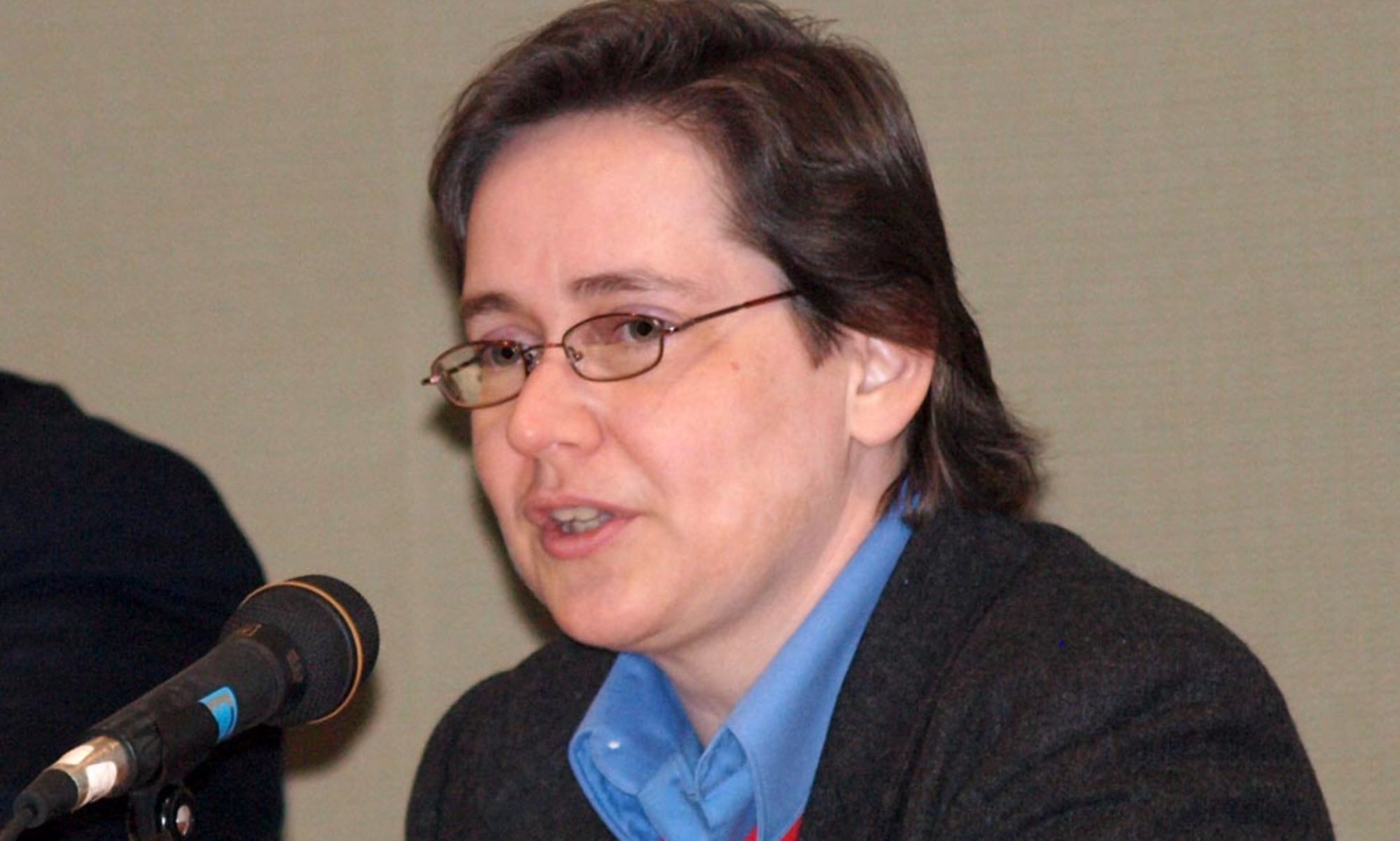Lesson 93: Light and joy and peace abide in me.
I was taught, from infancy, that I was born with something called “original sin.” Even as a tiny baby, there was stain on me, passed down from Adam and Eve in the garden after that evil temptress Eve gave poor, innocent Adam that apple (which I later learned in seminary that it wasn’t an apple at all). This is the legacy of my religion – an ingrained belief that I am intrinsically evil because of what two imaginary people did in some book a bunch of people say is “holy” and “inerrant.”
Theologian Matthew Fox writes at length about the damage done to humanity by following such a line of logic (bullshit, really) that was concocted by a guy named Augustine back in the 4th century. Fox notes that the deeper tradition, before we patterned our lives and religious doctrines after Augustine’s sexual hang-ups, were based on something he calls “original blessing.” In that paradigm, we are all part of the creation that God called, and continues to call, “very good.”
“Goodness,” Meister Eckhart says, “is the proper name of God the Creator.” Buddhist monk Pema Chodron echoes saying: “This is our birthright – the wisdom with which we were born, the vast unfolding display of primordial richness, primordial openness, primordial wisdom itself.”
The prominence of the doctrine of original sin has distorted our world – and it’s no wonder the ego prefers it this way. If we actually believed in our original goodness – that light and joy and peace abide within each of us – there would be no need for the ego’s world of relentless competition and striving to outdo one another so we can die with the most toys.
Adopting a view of original blessing over original sin, Fox says, will move us “from an egological to an ecological consciousness” which will give us a “basic understanding of our true interdependence” and “overcome our tendencies to make battle with each other.” (emphasis his)
When we move from the “ego” to the “eco” we can see clearly, as this lesson says, “your image of yourself cannot withstand the Will of God.” Remember, the “Will of God” is simply the “Will of Love,” and our false ideas about ourselves – those beliefs that we are stained with some original sin – cannot be sustained if we truly believe we are originally blessed with light and joy and peace.
“Try not to interfere,” this lesson advises, “with the Self which God created as you, by hiding Its majesty behind the tiny idols of evil and sinfulness you have made to replace it.”
Doctrines about original sin have become tiny idols in many religions to convince us that we are sinful and evil by nature and need some cosmic God to send a blood sacrifice to redeem us. This is nonsense. We are light and joy and peace and that is how we were created. The tiny, mad idea that we could ever be separate from God has created a bumper crop of egoic belief systems meant to keep us trapped in the idea that we are intrinsically sinful.
For as much as I disdain the majority of Augustine’s theological thinking, I have great compassion for him. He was blind to the light, joy and peace that dwelled within in him and turned to misguided ways to tame his ego that led to the widespread adoption of a belief that has adversely affected numerous lives through the ages. This is what it means to miscreate – to bring something into the world that is not based in Love, but in fear.
Original blessing puts us back to creating within a spirit of Love – a spirit that recognizes our unity instead of making a religious idol of the idea of separation. From that place of Love, Hafiz says, we can enter that intimate, Divine space of light, joy and peace.
He writes:
Who can conceive of judging a whole life,
or of granting all in it a pardon,
unless at midnight,
you let us enter your tresses,
know your scent
become as intimate with your light
as anyone ever has.
All images are shadows you once cast
as your search for righteousness
made others seem wrong
The shadows will gladly surrender
their identity
and reveal the potential within
the way a piece of paper would
if it ever made love to a great flame.
Photo by Julio Rionaldo on Unsplash

